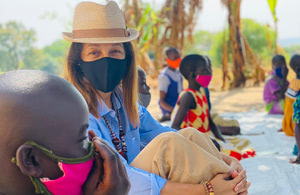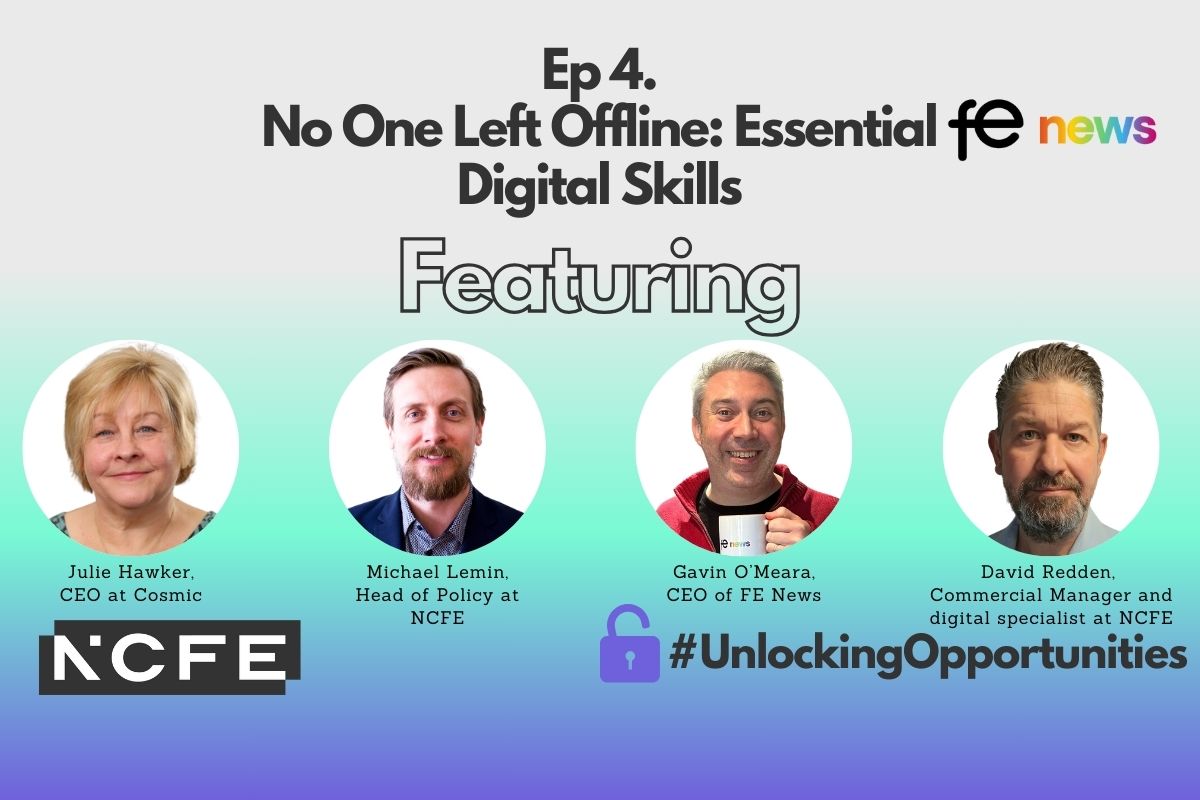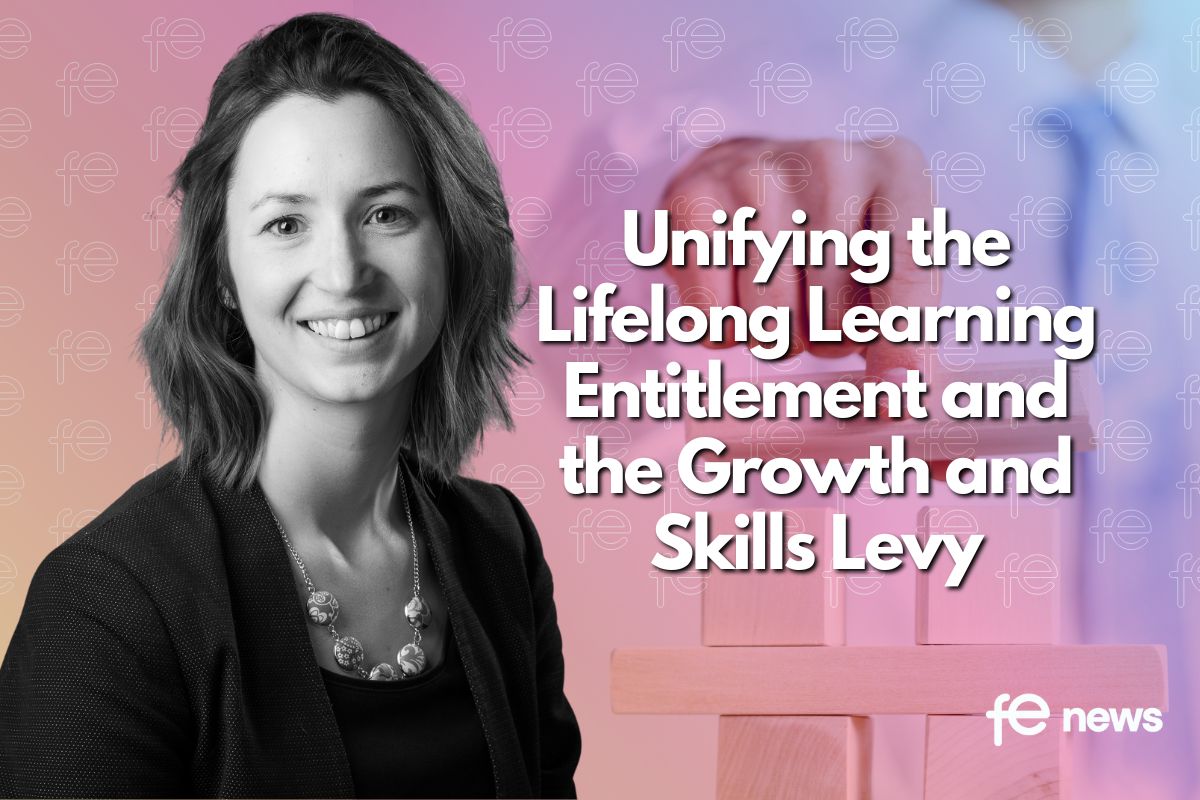UK Prime Minister’s Special Envoy for Girls’ Education visits Uganda

The Prime Minister @BorisJohnson’s Special Envoy for Girls’ Education, @HelenGrantMP, visited Uganda to see the work the UK is doing to help girls access quality education.
Helen Grant MP, visited Uganda from 24 to 26 March to see first-hand the work the UK is doing to help girls access and benefit from quality education in Uganda to build back better together from coronavirus. Her visit included a meeting with the First Lady and Minister of Education and Sports, the Honourable Janet Museveni.
Uganda was the Special Envoy’s first overseas visit since her appointment, highlighting the importance the UK places on girls’ education in Uganda and beyond.
Mrs. Grant was appointed Special Envoy for Girls’ Education by UK Prime Minister, Boris Johnson in January 2021 as part of the UK Government’s global commitment to stand up for the right of every girl to 12 years of quality education. She is a passionate advocate for the rights of women and girls and before entering the UK Parliament, was a solicitor specialising in protecting women and children from domestic abuse.
78% of Uganda’s population is under 25, and it is estimated that there will be around 40 million young people in Uganda by 2050. This generation could power the country’s development, prosperity and bring the country to middle income status. Education is therefore both the biggest single challenge and opportunity for growth facing the country. More than half of children drop out before completing primary school. Sadly, only one-quarter of girls complete secondary school, facing barriers to completing their schooling including:
- financial barriers
- early marriage
- teenage pregnancy
- gender-based violence
Girls’ education is not only vital to women and girls, it creates healthier and safer communities, with a child of a mother who can read 50% more likely to live beyond the age of five and 50% more likely to be immunised from deadly diseases.
Reflecting on her visit, Helen Grant said:
Uganda is an incredible country and I was blown away by the warm welcome I received and the ambition and potential in the young women and girls I met. Educating girls is one of the smartest investments we can make to grow economies, save lives and build back better from COVID-19. I am heartened by the progress being made with the UK’s support in Uganda, to get girls learning.
But we’re not there yet. The UK has set out ambitious global targets of getting 40 million more girls in school, and a third more girls reading by the age of 10 by 2025, in low- and middle-income countries. I look forward to working with Uganda ahead of the Global Education Summit: Financing GPE 2021-2025 in July to urge countries to invest in education and improve access for girls.
Mrs Grant’s visit was an important opportunity to reinforce the UK’s message on the need to continue to get girls learning in Uganda. COVID-19 has made girls’ education an even more urgent priority in Uganda and across the world, with 1.6 billion children and young people out of education around the world at the height of school closures. Mrs Grant was clear that we mustn’t avoid setting back decades of progress. Girls’ education is vital to how we build back better from the pandemic.
Despite the challenges brought about by COVID-19, the UK has continued to support children in Uganda to learn by adapting programming to reach them at home and support their return to school when it is safe to do so. Mrs Grant met with young girls aged 6 to 10 in Vurra sub-county, Arua, who are attending catch-up classes, to prepare for their return to school in June. She also watched the recording of a radio lesson. Backed by UK aid, nearly 6,000 lessons have aired since schools closed, reaching an estimated half a million children in 11 local languages.
Mrs Grant also visited Rhino Camp, a refugee settlement in Arua, where she saw first-hand the challenges faced by refugee children in accessing quality education. The UK is the largest donor to the Education Cannot Wait (ECW) global fund, which supports UNCHR and an NGO Consortium led by Save the Children to deliver education to refugees and host communities in Uganda.
The Special Envoy also met the Minister for Education and Sports, First Lady Janet Museveni. Mrs Grant reiterated the UK’s determination to prioritise girls’ education and youth inclusion worldwide and congratulated the First Lady on the re-opening of Ugandan schools.
They discussed how to address the learning losses due to COVID-19 and the need to focus on learning in lower primary education, to ensure that children have the skills and abilities needed to progress onto secondary education. Following concerns expressed by the UK Government after a challenging election period, Mrs Grant also raised the need to champion rights for young people to ensure an empowered youth who are included in Uganda’s political system.
Empowering women and girls through education has been a long-standing priority for the UK and is at the heart of the UK’s G7 Presidency. The UK will also co-host the Global Partnership for Education (GPE) summit with Kenya in the UK later this year, bringing governments, business and civil society together to channel investment and action into getting children, especially girls, around the world into school and learning.
The UK has been a major bilateral donor to education in Uganda, including through our contribution to Strengthening Education Systems for Improved Learning (SESIL) and the Girls Education Challenge (GEC).
Background
- the UK is partnering with Kenya and the Global Partnership for Education (GPE) to co-host the Global Education Summit: Financing GPE 2021-2025 in London in July, urging world leaders to invest in education and improve access for girls
- GPE is seeking up to $5bn over five years to give 175 million children the opportunity to learn. A strong collective pledge from G7 countries would go a long way to achieving this.
- Uganda is the first country Helen has visited since her appointment in January 2021
- more information on Helen and her role can be found here











Responses